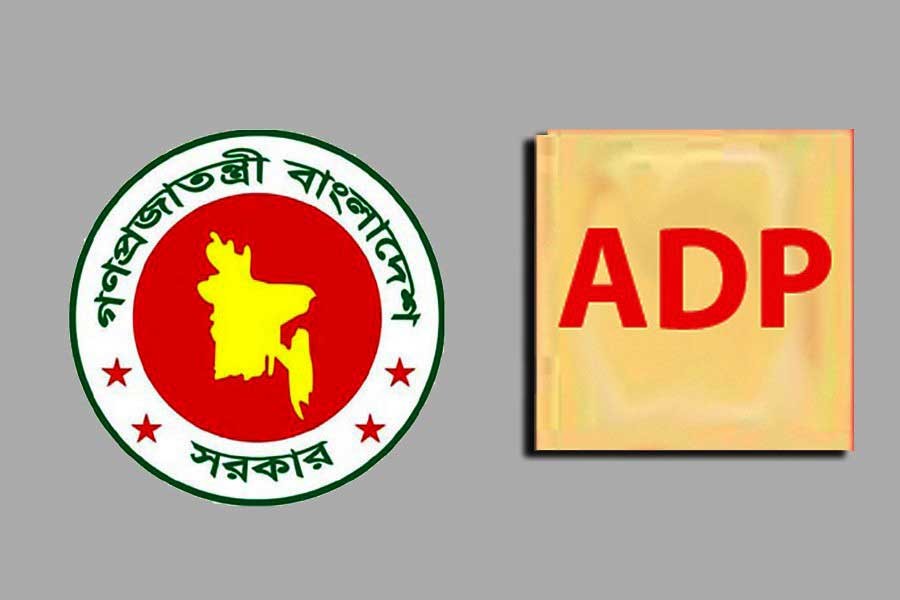Planning Minister AHM Mustafa Kamal last Sunday exulted over "all-time high" ADP spending during July-November period of the ongoing fiscal year-- in the history of ADP implementation. According to the Implementation, Monitoring, Evaluation Division (IMED) of the Planning Commission, Tk 364.38 billion (36,438 crore) was spent in five months from July to November, 2018-2019 compared with Tk. 329.97 billion (32,997 crore) expended during the corresponding period of the last fiscal year.
To gauge the proportion of 'utilisation', let's put it in a broader perspective of the total outlay for the Annual Development Programme (ADP), 2017-18: Tk 1.80 trillion including the amount earmarked for the autonomous institutions.
The November marker of the spending figure at Tk 126.23 billion in contrast to the monthly average of Tk 62.16 billion in the previous quarter of the on-going fiscal is clearly indicative of a spurt in fund utilisation triggered by the election. This trend is likely to gather momentum during all of December.
The sector-wise rate of fund utilisation when detailed may not be as impressive as the output of five-month cycle. Examples: Of the total amount spent in the first five months, Tk 212.14 billion was drawn from the government's own funds. This worked out to 18.77 per cent of the intended utilisation (for the whole year) compared with 18.55 per cent a year earlier. As for performance of the state-owned enterprises, this improved slightly to 21.93 per cent from 20.31 per cent in the previous year.
In terms of foreign aid utilisation, we actually went downhill having spent 21.61 per cent vis-à-vis 22.59 per cent at this point a year earlier. A reminder of the 'pipeline bulge', a nickname we have carried the baggage of so ironically indeed despite our minimal dependence on external resources! Thanks to our bureaucratic rigmarole and no less to cluttered formalities that project aid is usually enmeshed in!
The spending acceleration is in part due to the election push but it is being ascribed to a special measure: The finance division, in June last, empowered the project directors to release the funds of the first two quarters by themselves instead of waiting for approval from ministries or divisions. Previously such a recourse would have meant two to three months' delay denying what could be a perfect lead time for a steady start on projects.
We never tire of harping on the need for delegation of authority to the project directors in conjunction with their retention on the posts at least until the commissioning of project , if not longer, to put in place a maintenance drill. Now that the efficacy of the approach has been proven to a certain degree on application , we need to build up on the experience and replicate it extensively.
There are a few substantive points to be made in light of the rushing nature of project implementation halfway through a fiscal year. Especially in the last quarter a frenzy of meeting financial targets gets the better of fulfilling the physical targets. The strings of unfinished, largely uneconomic projects often gape.


